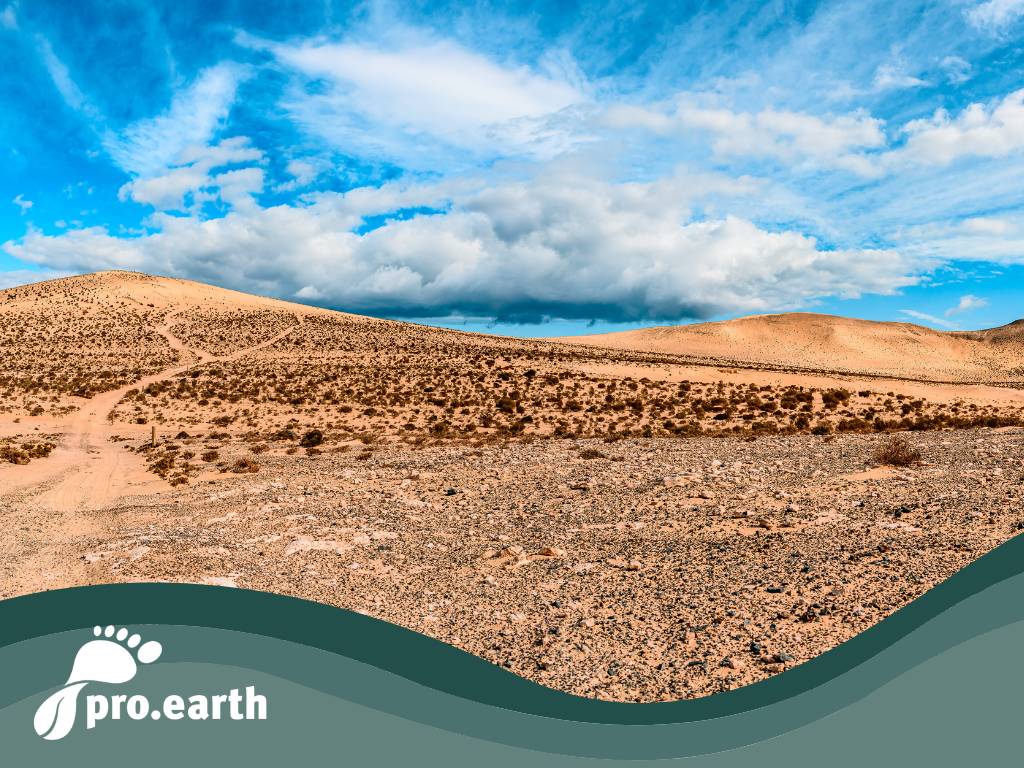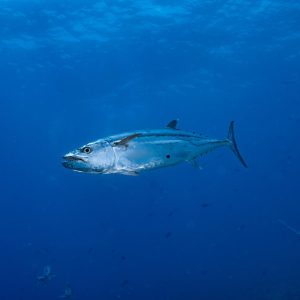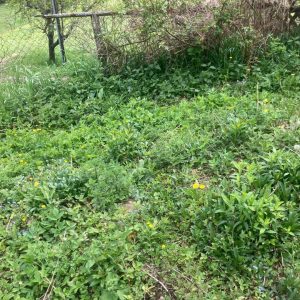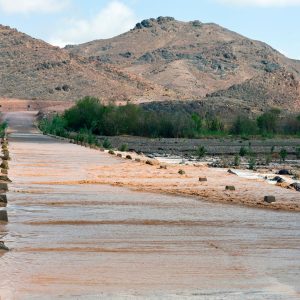Heat, drought and failed harvests

Considering how cool and rainy it has been here for weeks, it's hard to imagine, but according to the World Meteorological Organization (WMO), "there is a 98 per cent probability that at least one of the next five years and the entire five-year period will be the warmest since records began". This report was all over the media the day before yesterday.
In addition to global warming, the El Niño weather phenomenon, which will occur this year and further increase temperatures, also plays a major role.
https://news.pro.earth/2023/05/03/wissenschafter-alarmiert-ueber-rasche-weltmeererwaermung-vor-el-nino/
Extreme heat and drought in southern Europe
After 2022 brought the worst drought in 500 years to parts of southern Europe, this year is set to be even worse. Farmers are expecting the worst harvests due to the lack of water. Jorge Olcina, professor of geography at the University of Alicante, warns: "The drought situation will get worse this summer." The first heatwave hit parts of Spain back in April and rainfall this year was half the average usual amount. Thousands of people are now dependent on water supplies.
Massive crop failures in Spain
The harvest of cereals and oilseeds is particularly at risk this year, which is especially bitter as Spain is responsible for 50% of the EU's olive production. "The severe drought in southern Europe is particularly worrying, not only for farmers there, but also because it can drive up consumer prices, which are already very high," says Commission spokesperson Miriam Garcia Ferrer.
The Spanish Minister of Agriculture, Luis Planas, therefore applied to the EU for emergency aid amounting to 450 million euros at the end of April, and the state itself made 2 billion euros available for emergency measures.
Drought alert in southern France and Portugal
France and Portugal are also struggling with water shortages. In four French prefectures, water consumption (including in agriculture) has been restricted due to the drought and 90% of the Portuguese mainland is affected by the drought, a fifth of it severely.
Water shortage in Italy
Italy is currently experiencing the worst drought in 70 years. In northern Italy, 70% of the snow water reserves are missing this year, explains Luca Brocca, Research Director at the National Research Council.
Researchers are seeing their predictions confirmed, including Hayley Fowler, professor and climate researcher at Newcastle University: "The consequences of climate change on the ground are exactly what we expected." It is therefore all the more surprising that neither politicians nor companies have reacted in time.
Necessary adjustments in agriculture
- more drought-resistant crops
- No monocultures
- Humus build-up, the humus stores five times its weight in water
- Develop and use water-saving methods
- More autonomy for farmers and regional solutions
- Use methods that help to keep the water at the bottom instead of letting it flow away unused
- Stronger wind protection
- More biodiversity
Our pro.earth.conclusion: There are already many alternative concepts for sustainable agriculture that can help to reduce future crop failures. Of course, these are not compatible with intensive industrial monoculture, the use of chemicals and genetic engineering and are therefore not yet of interest to large agricultural companies. The crisis is an opportunity for a rethink in this area!






